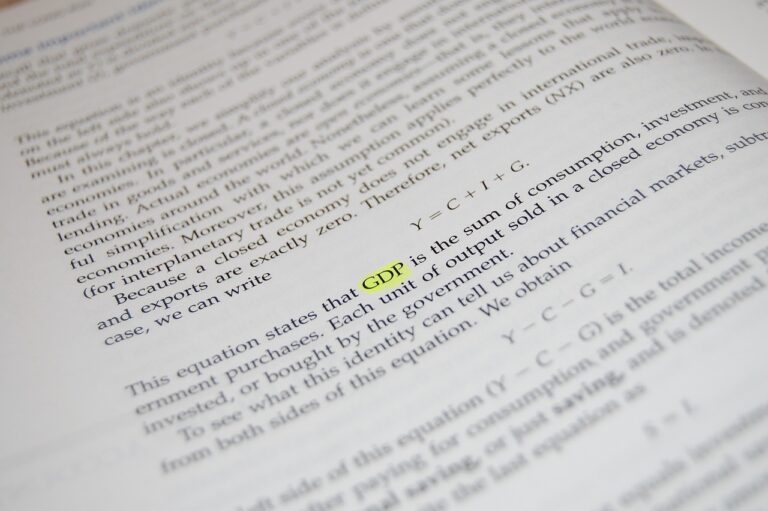Analyzing the Role of Research Ethics Committees in Educational Institutions: 11xplay, Reddy anna book, Goldenexch 7777
11xplay, reddy anna book, goldenexch 7777: Research ethics committees play a crucial role in ensuring that research conducted within educational institutions is conducted ethically and with the best interests of participants in mind. These committees are responsible for reviewing research proposals to ensure that they meet ethical standards and guidelines. In this blog post, we will analyze the role of research ethics committees in educational institutions.
Importance of Research Ethics Committees
Research ethics committees play a vital role in protecting the rights and welfare of research participants. They review research proposals to ensure that ethical standards are maintained throughout the research process. By ensuring that research is conducted ethically, these committees help to uphold the integrity of the research and the reputation of the educational institution.
Key Responsibilities of Research Ethics Committees
1. Reviewing research proposals: Research ethics committees are responsible for reviewing research proposals to ensure that they meet ethical standards and guidelines.
2. Ensuring informed consent: Research ethics committees ensure that participants are fully informed about the research study and provide their voluntary consent to participate.
3. Monitoring ongoing research: Research ethics committees monitor ongoing research to ensure that ethical standards are maintained throughout the research process.
4. Addressing ethical concerns: Research ethics committees address any ethical concerns that may arise during the research process and take appropriate action to resolve them.
5. Providing guidance and support: Research ethics committees provide guidance and support to researchers to help them conduct their research in an ethical manner.
6. Ensuring compliance with regulations: Research ethics committees ensure that research conducted within educational institutions complies with relevant regulations and guidelines.
FAQs
1. What is the role of a research ethics committee?
A research ethics committee is responsible for reviewing research proposals to ensure that they meet ethical standards and guidelines. They also monitor ongoing research to ensure that ethical standards are maintained throughout the research process.
2. Why is research ethics important in educational institutions?
Research ethics are important in educational institutions to protect the rights and welfare of research participants, uphold the integrity of the research, and maintain the reputation of the educational institution.
3. How can researchers ensure that their research is conducted ethically?
Researchers can ensure that their research is conducted ethically by obtaining informed consent from participants, ensuring confidentiality and anonymity, and seeking approval from a research ethics committee.
In conclusion, research ethics committees play a critical role in ensuring that research conducted within educational institutions is conducted ethically and with the best interests of participants in mind. By upholding ethical standards and guidelines, these committees help to protect the rights and welfare of research participants and maintain the integrity of the research.







